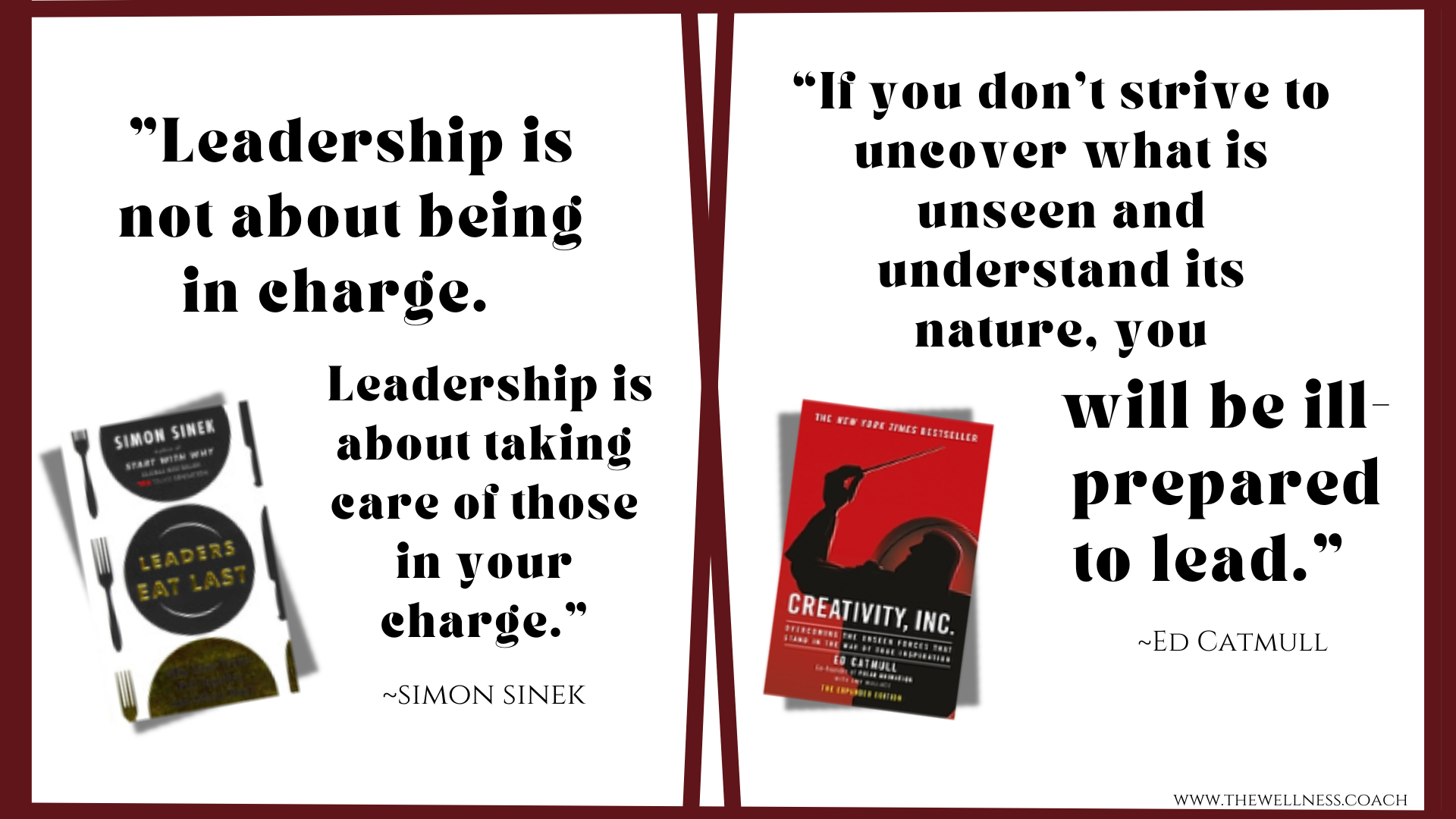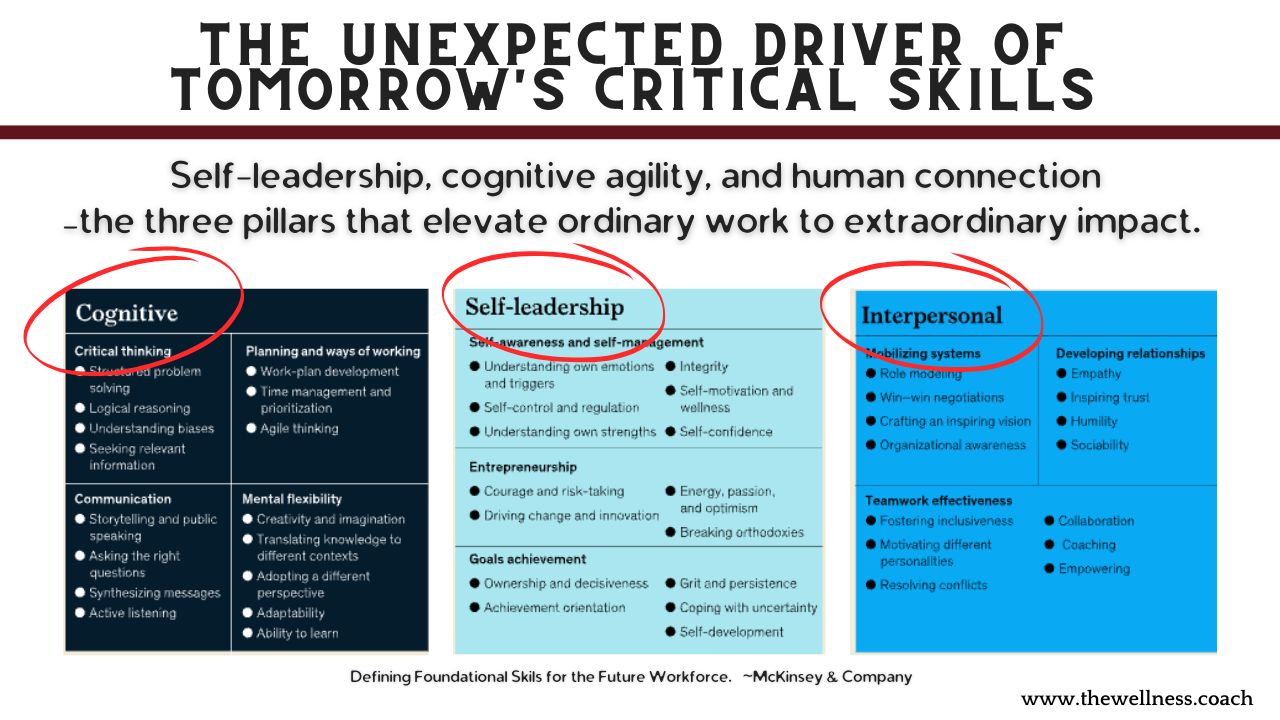The Soul of Leadership: Beyond Metrics, Toward Meaningful Growth

Breaking the Professional Taboo
“Happy Easter.” “Happy Passover.” “Blessed Ramadan.”
In professional settings, these greetings often come with hesitation. We weigh our words carefully, aware of the unspoken rule that religion and spirituality are too personal—too potentially divisive—to discuss at work.
The result? Conversations often remain at the surface, and we miss the opportunity to tap into a powerful source of human connection—one that, despite differences in tradition and practice, reflects a shared pursuit of meaning, purpose, and belonging.
Last week, a colleague wished me a “colorful and joyful Holi.” I was momentarily surprised—Holi isn’t a holiday I personally celebrate. But more than that, I was delighted by the sentiment. The warmth behind the greeting transcended religious boundaries, offering a moment of genuine connection. It wasn’t about shared belief; it was about shared humanity.
That small interaction reinforced an essential truth about leadership: Exceptional leaders don’t just acknowledge diversity; they engage with it. They recognize different worldviews not as obstacles but as doorways to deeper trust and connection.
The Missing Intelligence in Leadership Development
For decades, leadership development has focused on two dimensions: IQ (cognitive intelligence) and EQ (emotional intelligence). But research now points to a third, equally vital component: spiritual intelligence (SQ).
Unlike religious doctrine, spiritual intelligence is the ability to operate from a values-driven perspective and foster purpose in yourself and others. A study published in the Journal of Psychology and Religion outlines five key components of SQ:
-
Transcendence – Seeing beyond immediate concerns to recognize broader patterns
-
Heightened Awareness – Cultivating deep focus and presence
-
Meaning in the Everyday – Bringing purpose to routine work
-
Values-Driven Problem Solving – Using deeper principles for challenges
-
Virtuous Leadership – Demonstrating compassion and gratitude in decisions
What if these qualities aren't just philosophical ideals but practical competitive advantages?
As work environments grow more complex, leaders must navigate not just performance but fulfillment, engagement, and purpose for themselves and their teams.
The Business Case for Purpose
The data is compelling. A Harvard Business Review study found that:
-
9 out of 10 people would take a pay cut to do more meaningful work.
-
Employees who find meaning in their jobs experience 1.7 times higher job satisfaction and are 3 times more likely to stay with their employers.
Contemporary leadership research reinforces this—Simon Sinek's Leaders Eat Last and Ed Catmull's Creativity, Inc. highlight how values-driven leadership creates sustainable success.
💫 Compassion and genuine care are not just ethical ideals—they are competitive advantages.💫

What's particularly striking is McKinsey's comprehensive survey of 18,000 people across 15 countries. Their research identified 56 foundational skills for the future workforce, with the top-right quadrant of their framework revealing something profound: The most valuable skills aren't technical—they're deeply human. Empathy, inspiring trust, humility, social intelligence, collaboration, empowering others, motivating different personalities, fostering inclusiveness, and crafting inspiring visions all emerged as critical capabilities.
What if these aren't just separate "soft skills" but manifestations of something more fundamental—spiritual intelligence in action?
- The McKinsey data reveals that tomorrow's most valuable leaders won't just analyze markets; they'll connect hearts and minds through purpose-driven leadership. This isn't just feel-good theory—it's a strategic imperative for organizations seeking to thrive amid complexity.
The Challenge: Making Spiritual Leadership Practical
Of course, leading with meaning and deep human connection isn't easy. Many organizations still dismiss "soft skills," favoring traditional metrics over intrinsic motivation. Cultural complexity adds another layer, as purpose is interpreted differently across diverse teams.
The key? Don't just talk about values—embed them into daily interactions and decision-making. ✨
Consider Alan Mulally, former CEO of Ford and Boeing Commercial Airplanes. When he took the helm at Ford, the company was on the brink of collapse—losing billions annually with a culture defined by fear and internal competition. Instead of resorting to command-and-control tactics, Mulally implemented his transformative "Working Together" philosophy rooted in transparency, collaboration, and mutual respect.
His core principle? "People first... Love them up."

I've had the pleasure of meeting Alan Mulally, and from the moment he began speaking, he revealed the authentic force behind his leadership. His legendary smile and infectious energy immediately transformed the atmosphere. What struck me wasn't just what he said but how he made everyone feel truly seen. During our conversation, he demonstrated that rare quality of complete presence—listening to understand rather than waiting to respond.
His leadership wasn't performative—it was authentic. The results spoke volumes: Ford became the only major American automaker to avoid a government bailout during the 2008 crisis, and by 2010, it posted its highest profits in a decade.
But beyond financial metrics, Mulally's approach transformed Ford's entire culture, proving that spiritual intelligence isn't abstract theory—it's practical application of human-centered principles that drive both extraordinary business results and personal fulfillment.
Developing Your Leadership SQ
You can develop your own spiritual intelligence through intentional personal practice and then implement it in leadership settings. Strengthening your SQ begins with:
-
Daily Reflection – Set aside 10 minutes to step back from tactical thinking and ask: “What really matters in my decisions today?”
-
Authentic Listening – In your next conversation, focus entirely on understanding the other person’s perspective before formulating a response.
-
Expanding Perspective: Learn about different cultural and philosophical traditions to deepen your understanding of diverse leadership styles.
Here's how visionary leaders are applying spiritual intelligence to transform their teams and results:
-
⏱️ Prioritizing Presence Over Productivity Research in the Journal of Management Development shows that leaders who practice mindful presence—fully engaging in conversations and decision-making—significantly enhance team effectiveness. Imagine the difference between a leader checking their phone during a meeting versus one who creates a bubble of complete attention. Employees respond powerfully to leaders who are truly present rather than merely checking off tasks.
-
🌏 Recognizing the Cultural-Spiritual Dimension of Work Leadership concepts across cultures—such as ikigai in Japan (the intersection of passion, vocation, and purpose) or Indigenous models of collective leadership—emphasize meaning as a guiding principle. Spiritually intelligent leaders understand that motivation is deeply personal and often shaped by cultural values. Your diverse team isn't just demographically varied—it's a rich tapestry of meaning-making approaches waiting to be activated.
-
🧭 Making Purpose-Driven Decisions When faced with tough choices, spiritually intelligent leaders filter decisions through the lens of meaning and long-term impact rather than short-term metrics alone. Gallup research shows that employees who see how their work connects to a broader purpose are significantly more engaged and productive. This approach transforms routine choices into opportunities for cultural reinforcement and collective meaning.
By developing SQ personally and then applying it in leadership, you move beyond surface-level engagement and create workplaces where people feel deeply connected, valued, and driven by a shared purpose.
The most powerful leaders don't just deliver quarterly results—they create environments where meaning and metrics harmonize.
What if your greatest competitive edge isn't hidden in spreadsheets but in your capacity to connect hearts and minds to something greater?
Your leadership legacy won't be measured in targets hit, but in lives transformed. The question isn't whether you can afford to develop spiritual intelligence—it's whether you can afford not to
An Invitation to Explore Leadership Beyond Metrics
In times of uncertainty, the leaders who thrive are not those who focus solely on efficiency but those who build deep, meaningful connections. Purpose-driven leadership fosters engagement, resilience, and a shared commitment to something greater than individual success.
On March 25th at 5:00 PM EST, Reverend Donna Johnson will join us in The Healthy Leader Expert Forum to share insights on integrating spiritual intelligence into leadership practice, offering concrete strategies for applying these principles in professional settings.
Rev. Donna Johnson is a respected leader in self-leadership and transformational growth. She has served as the former President & CEO of Unity Worldwide Ministries (UWM) and is currently the senior minister of Unity in the Valley in Sahuarita, AZ. She is also the author of SpiritSpun Wisdom, available on Amazon and Kindle.
In this conversation, we will explore the challenges leaders face in staying true to their purpose, how spiritual principles can enhance decision-making, and ways to cultivate energy and resilience in leadership. This session is designed to be practical, insightful, and interactive, offering real-world applications for leading with clarity, confidence, and conviction.
Join us for this transformative discussion and discover new ways to integrate spiritual intelligence into your leadership journey!
Traci Fisher helps leaders find their spiritual edge in a metrics-obsessed world. ✨ As an executive coach who believes in both spreadsheets AND soul-searching, she guides high-performers to lead with meaning without sacrificing results. Drawing from her military leadership background and extensive work with Fortune 500 executives, Traci transforms good managers into inspiring leaders who create cultures where people thrive. Ready to supercharge your leadership with purpose? Let's connect! 🔗 www.thewellness.coach


